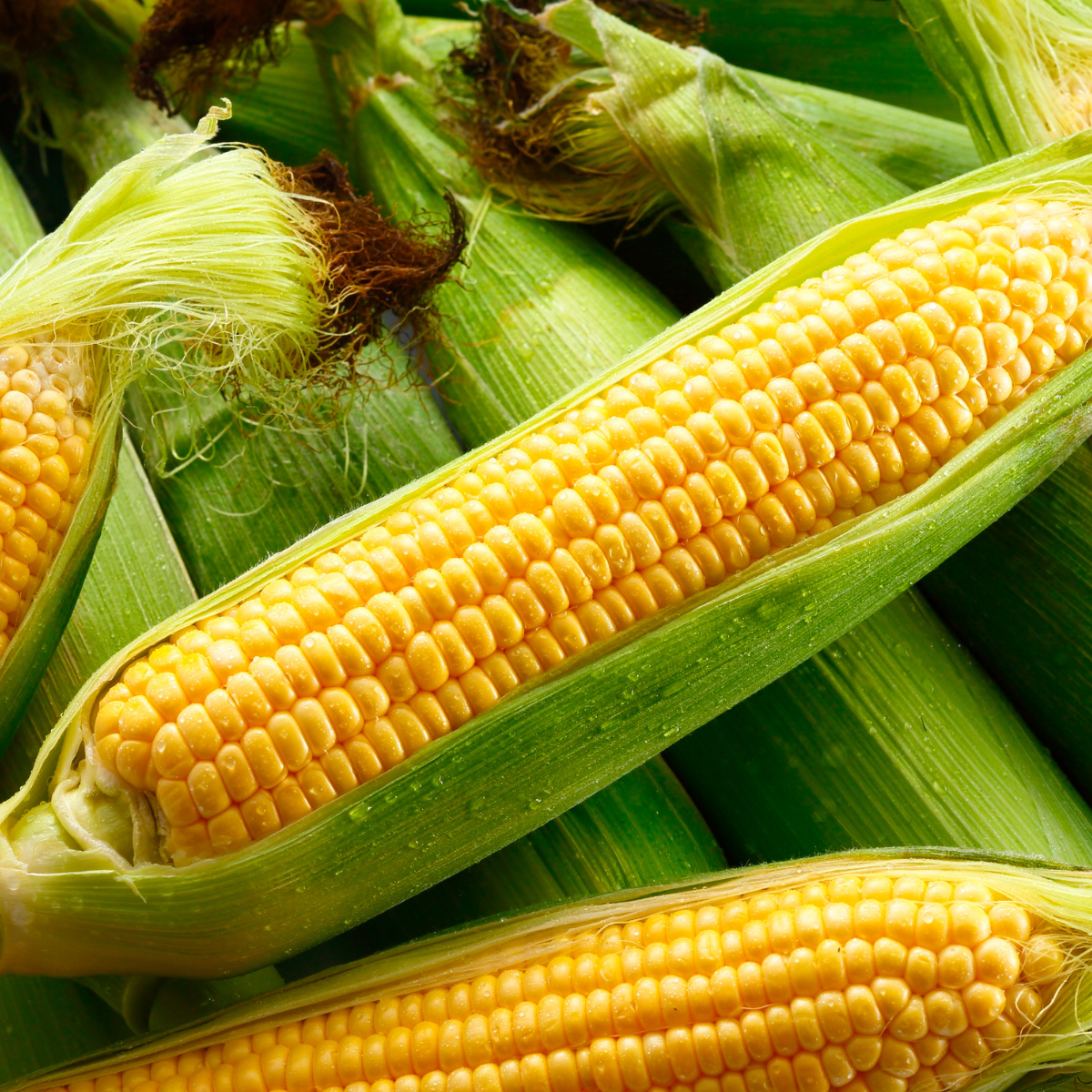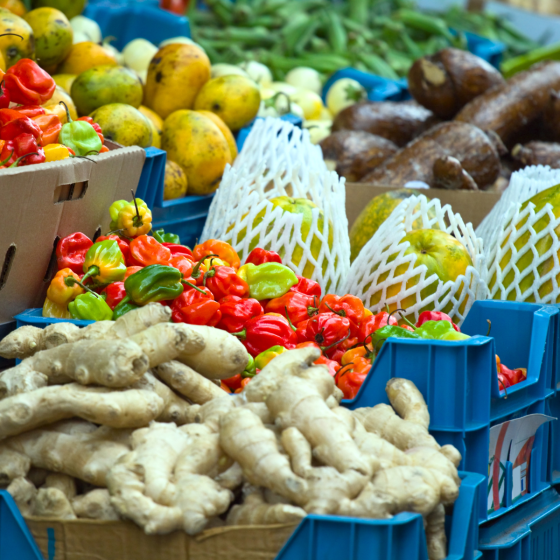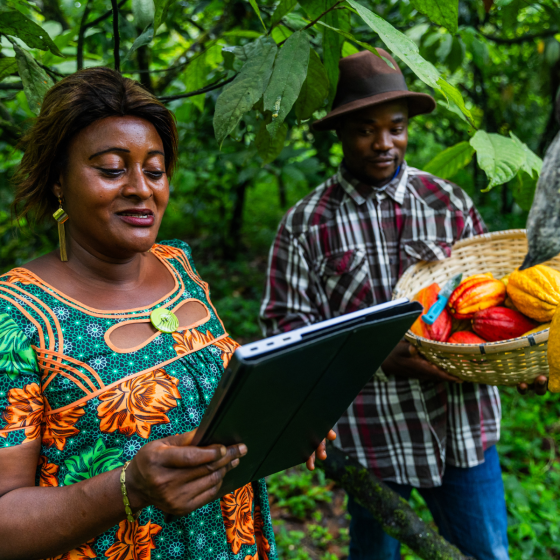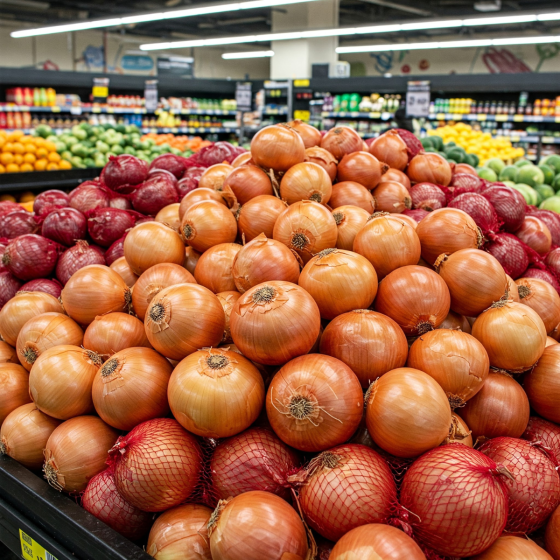The discourse on Genetically Modified Organisms (GMOs) in Nigeria has reached a critical turning point, recently reignited by high-profile public commentary from popular health influencer, Aproko Doctor, and amplified by policy narratives linked to global biotech efforts championed by the Bill & Melinda Gates Foundation. These interventions have thrust GMOs back into the national spotlight, sparking passionate debate among scientists, policymakers, farmers, and the public on the safety and far reaching effects of GMOs on food security and smallholder farmers livelihoods. For a country that spends over ₦2 trillion annually on food imports, and where smallholder farmers produce over 80% of our food, the stakes could not be higher. But the critical question is no longer whether Nigeria will engage with GMOs, but how we will do so in a way that safeguards human health, protects biodiversity, sustains smallholder livelihoods, and strengthens our food sovereignty.
The Current Landscape
-
Rising Food Insecurity – Over 26.5 million Nigerians are facing acute food insecurity in 2025, driven by climate change, conflict, and economic shocks.
-
Biotech Policy Environment – Nigeria has approved several GMO crops, including Bt cotton and genetically modified maize, under the oversight of the National Biosafety Management Agency (NBMA).
-
Public Mistrust – Despite scientific backing for certain GMO applications, mistrust remains high due to limited public education, fears over corporate control of seeds, and perceived health risks.
-
Smallholder Vulnerability – Most Nigerian farmers rely on saved seeds and informal markets. Rapid GMO adoption without robust safeguards risks deepening dependency on multinational seed companies.
Why This Matters for Nigeria
-
Strategic Food Security – GMOs can contribute to higher yields and reduced losses from pests, but they are not a silver bullet.
-
Economic Competitiveness – Biotechnology adoption could reduce import bills and open new export markets if backed by strong regulatory systems.
-
Equity & Inclusion – Without inclusive frameworks, smallholders could be sidelined in favor of industrial-scale farming.
-
Biodiversity & Sustainability – Unchecked GMO use risks genetic erosion of indigenous varieties, undermining long-term resilience.
Policy Challenges
-
Fragmented Governance – Gaps exist between GMO regulation (NBMA), agricultural promotion (FMAFS), and public health oversight.
-
Weak Public Awareness – GMO literacy among farmers, policymakers, and consumers is low, leaving space for misinformation.
-
Inadequate Safeguards for Smallholders – Seed pricing, patent restrictions, and limited access to non-GMO options could marginalize rural farmers.
-
Trade Risks – Some export markets impose strict restrictions on GM products, potentially limiting Nigeria’s competitiveness.
Policy Recommendations
1. Establish a National GMO Integration Framework
-
Lead by the Federal Ministry of Agriculture and Food Security (FMAFS) in collaboration with NBMA and the Federal Ministry of Health.
-
Ensure all GMO deployment is tied to Nigeria’s National Food Security Strategy with clear guidelines for biosafety, environmental protection, and farmer rights.
2. Protect Smallholder Farmers from Market Displacement
-
Introduce a GMO Coexistence Policy ensuring farmers can freely choose between GMO, hybrid, and indigenous seed systems.
-
Create a Seed Sovereignty Fund to support the preservation, improvement, and distribution of indigenous seed varieties alongside biotech crops.
3. Strengthen Regulatory Transparency and Public Trust
-
Require independent, peer-reviewed environmental and health impact assessments before approval of new GMO crops.
-
Launch a national GMO literacy campaign in local languages to provide balanced, science-based information to farmers and consumers.
4. Link GMO Use to Measurable Food Security Gains
-
Tie GMO approvals to demonstrable targets such as yield increases, cost reductions, or reduced pesticide use, with annual public reporting.
-
Incorporate monitoring & evaluation indicators that measure impact on smallholder income, nutritional diversity, and climate resilience.
5. Build Regional and International Alignment
-
Engage ECOWAS to harmonize biosafety standards and avoid trade disruptions.
-
Position Nigeria as a biotech governance leader in West Africa by sharing best practices and advocating for farmer-centered policies at AU forums.
Conclusion
Nigeria’s GMO journey must not be shaped solely by foreign technology providers or reactionary debates. Instead, it should be guided by Nigeria’s national interest, a clear, Nigeria-first framework that places farmers, consumers, and our long-term sovereignty at the heart of biotechnology adoption. If we get it right, GMOs can be part of a diversified strategy to secure our food future, enhance agricultural productivity, and empower smallholder farmers. If we get it wrong, we risk deepening dependency, widening inequality, and losing control over our agricultural destiny. The time to act is now. The Federal Ministry of Agriculture and Food Security, in collaboration with all relevant stakeholders, must chart a balanced, transparent, and inclusive path for GMO integration, one that marries innovation with protection, and ambition with responsibility.





